Life can be stressful. From family responsibilities to work demands, it’s easy to understand why many people feel overwhelmed. Add a global pandemic to the mix, and it’s crystal clear why rates of anxiety and depression are on the rise.
While one’s home life is challenging to influence, employers and employees alike can equip themselves and their teammates with strategies to better manage work stress. One set of essential strategies is cognitive reappraisal.
By taking a mindful approach to job-related stress, you can drastically reduce the negative impact of high-pressure situations. To aid in your journey toward workplace wellness, the experts at Mindfulness Strategies have created this outline of cognitive reappraisal strategies, their benefits, and how to start teaching them right now.
A Brief Look into Worklife
From teachers and doctors to restaurateurs and laborers, every position comes with its own set of challenges. But there is one feature of just about every job that seems to be the same: They’re all causing people stress.
In fact, 66% of people say work is a significant stressor in their lives, and a quarter of all employees cite work as the number one cause of stress.
Workplace stress occurs when job requirements exceed an employee’s practical resources, capabilities, and needs. Common causes include lack of managerial support, conflict with coworkers, tight deadlines, and more.
Just about everyone has experienced work-related stress at some point in their careers, but what starts as a sleepless night can quickly turn into a more severe problem. For instance, chronic stress can lead to:
Aggression
Anxiety disorders
High blood pressure
Lack of productivity
Muscular tension
Unfortunately, this list isn’t comprehensive. As such, it’s critical to address workplace stress as it happens to maintain a healthy, productive workforce.
What is Cognitive Reappraisal?
Cognitive reappraisal, sometimes called cognitive reframing, is the act of restructuring an adverse reaction to a situation and turning it into a constructive, positive thought that fuels motivation. Additionally, effective reframing requires an accurate and rational appraisal of the problem, noting the particular cause(s) of the negative emotions and how to turn those triggers into opportunities. For example:
My boss just assigned me a ton of work. She must trust my ability to finish before my beach vacation.
My boss just assigned me more work than I can handle. I’ll never be able to take that beach vacation.
Put simply, changing how you think about a situation will ultimately impact how you feel about it, and positive feelings lead to a healthier mental state overall. Plus, cognitive reappraisal gets easier. In fact, with consistent practice, negative responses diminish over time without any physiological activation—reframing just becomes second nature.
Workplace Benefits of Cognitive Reappraisal
Cognitive reappraisal comes with a whole host of benefits that can dramatically impact the effectiveness of your work environment. Be it a reduction in job stressors or an improved sense of teamwork, reframing can help create a positive, supportive workplace.
Overall, cognitive reappraisal can reduce the amount of stress you feel daily. With consistent practice, a positive response to stressful stimuli becomes natural. Moreover, lessening daily stress leads to increased productivity and feelings of contentment, thereby improving employee retention rates.
In addition to the personal benefits of cognitive reappraisal, these strategies can also improve worker relationships by increasing collaboration and reducing avoidance. Reframing can dramatically improve employee relations by equipping each individual with the skills needed to digest and respond to feedback in a positive, constructive manner.
How to Teach Cognitive Reappraisal Strategies
Mindfulness is a skill, and proficiency takes practice. Though most approaches are challenging to perfect overnight, a crash course in cognitive reappraisal strategies can significantly improve the well-being of your employees.
1. Appraise the Situation
When experiencing an adverse reaction to a particular stressor, it’s essential to think clearly and critically about exactly what’s happening. Find the trigger within the situation – what precisely is causing all this stress? Doing so will help you find the balance between the actual and perceived problem.
2. Eliminate the Catastrophe
Once you determine what is causing your stress, start to develop alternative courses of action. It’s easy to see things as black and white, but cognitive reappraisal relies heavily on finding what’s in the gray.
As you pick apart a situation, consider the following questions:
Is there anything I’m grateful for in this situation?
What do I stand to learn from this experience?
Do I have any prior knowledge that may help me move forward?
By uncovering the nuances of a stressful situation, you’ll be better able to see past the negative details, casting your attention instead to the positive, impactful outcomes.
3. Reassign Emotions
As you start to see the positive implications of the situation at hand, choose a course of thinking that allows for new growth and further opportunities. Though it can be easy to get stuck in a negative thought pattern, consciously reassigning emotional impact with constructive, productive beliefs will improve your overall well-being.
Positive self-talk is a valuable tool for altering an emotional experience. By creating an optimistic inner-dialogue, you can improve your confidence and perceived ability to handle problems as they arise.
Consult the Experts
Cognitive reappraisal is a valuable tool for those wishing to improve their employees’ mental and emotional health. As stress levels rise, implementing effective, efficient, and practical strategies to manage high-pressure situations is crucial. When you’re ready to help your team better cope with work stress, Mindfulness Strategies is here to help.
If you’d like to consult with an expert on how to implement cognitive reappraisal strategies at your company, contact our office today. You can also visit our blog to learn more about mindfulness at work and ideas for improving your workplace environment.




